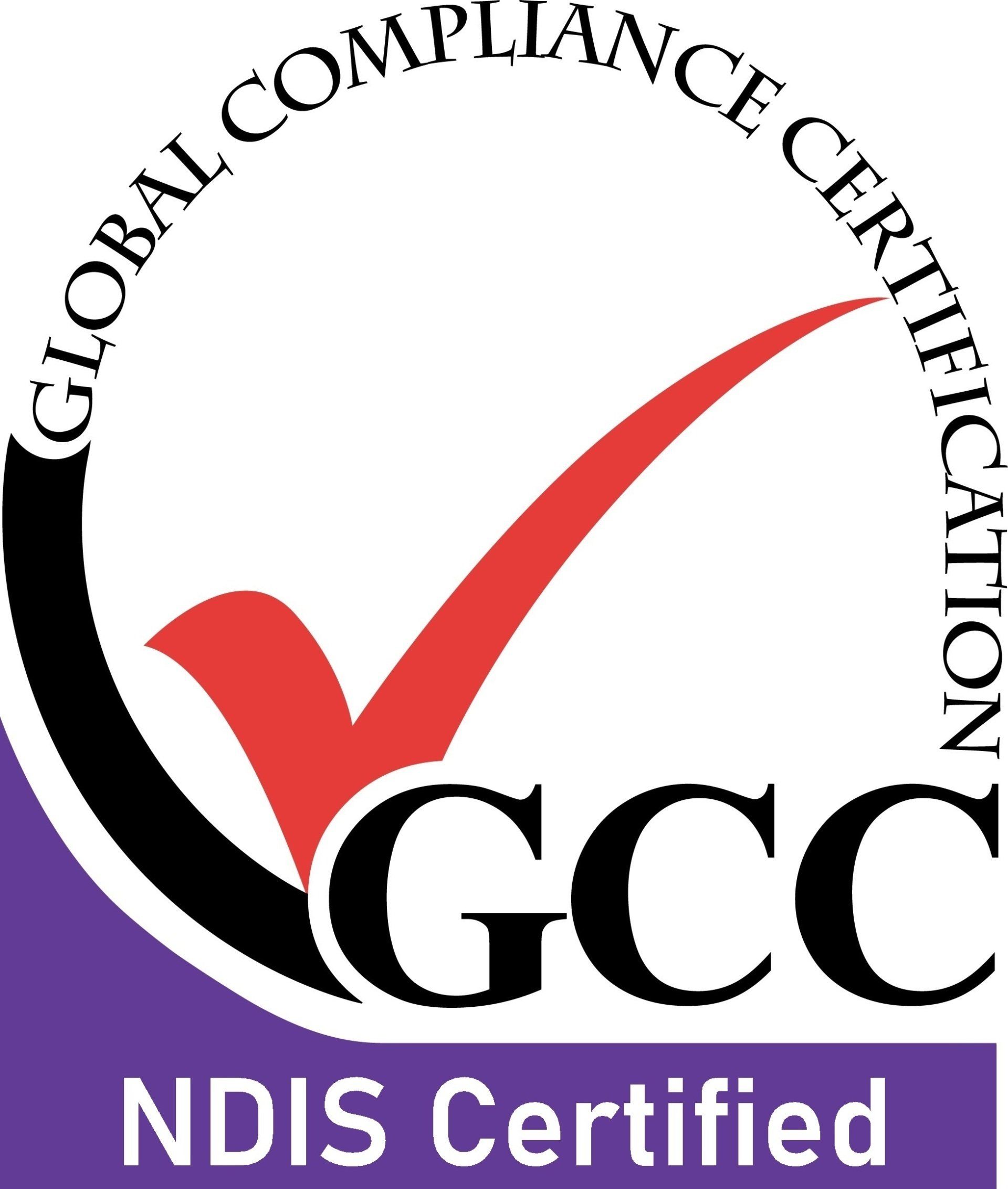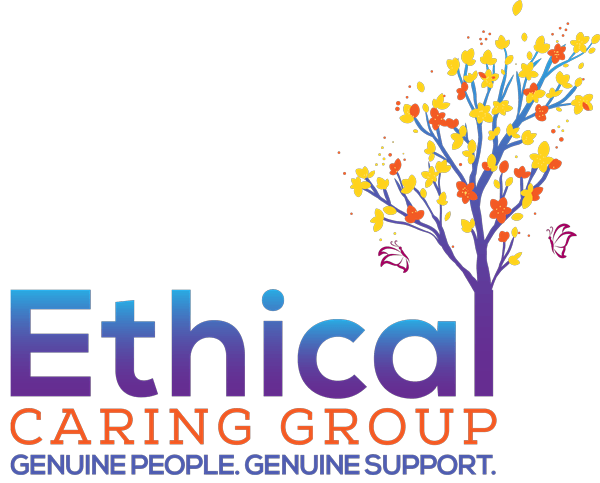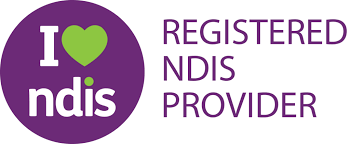Can I be offered an incentive so I will use a particular service?
What's the word on providers giving money and gifts to participants in exchange for using their services?

𝑸𝒖𝒆𝒔𝒕𝒊𝒐𝒏 𝒐𝒇 𝒕𝒉𝒆 𝒅𝒂𝒚! 𝑪𝒂𝒏 𝒂 𝒑𝒓𝒐𝒗𝒊𝒅𝒆𝒓 𝒐𝒇𝒇𝒆𝒓 𝒂𝒏 𝒊𝒏𝒄𝒆𝒏𝒕𝒊𝒗𝒆, 𝒍𝒊𝒌𝒆 𝒎𝒐𝒏𝒆𝒚 𝒐𝒓 𝒂 𝒈𝒊𝒇𝒕 𝒄𝒂𝒓𝒅 𝒕𝒐 𝒈𝒆𝒕 𝒎𝒆 𝒕𝒐 𝒔𝒊𝒈𝒏 𝒖𝒑 𝒕𝒐 𝒕𝒉𝒆𝒊𝒓 𝒔𝒆𝒓𝒗𝒊𝒄𝒆?
The quick answer is NO. The long answer is outlined in the following post! Get a cup of tea, you might need it!
The NDIA states that providers (both registered and unregistered) are not allowed to engage in “Sharp Practices”
𝑾𝒉𝒂𝒕 𝒅𝒐𝒆𝒔 “𝑺𝒉𝒂𝒓𝒑 𝑷𝒓𝒂𝒄𝒕𝒊𝒄𝒆” 𝒎𝒆𝒂𝒏?
The NDIA guidelines state the following:
60.People with disability expect that NDIS providers will not participate in or promote sharp practices.
This includes not:
a. providing services or expending funds contrary to a person with disability’s approved plan
b. asking for or accepting any additional fees for providing the service
𝒄. 𝒐𝒇𝒇𝒆𝒓𝒊𝒏𝒈 𝒊𝒏𝒅𝒖𝒄𝒆𝒎𝒆𝒏𝒕𝒔 𝒐𝒓 𝒓𝒆𝒘𝒂𝒓𝒅𝒔 𝒕𝒉𝒂𝒕 𝒉𝒂𝒗𝒆 𝒏𝒐 𝒑𝒂𝒓𝒕𝒊𝒄𝒖𝒍𝒂𝒓 𝒍𝒊𝒏𝒌 𝒕𝒐 𝒂 𝒑𝒆𝒓𝒔𝒐𝒏’𝒔 𝑵𝑫𝑰𝑺 𝒑𝒍𝒂𝒏 𝒂𝒏𝒅 𝒕𝒉𝒂𝒕 𝒄𝒐𝒖𝒍𝒅 𝒃𝒆 𝒑𝒆𝒓𝒄𝒆𝒊𝒗𝒆𝒅 𝒕𝒐 𝒆𝒏𝒄𝒐𝒖𝒓𝒂𝒈𝒆 𝒑𝒆𝒐𝒑𝒍𝒆 𝒕𝒐 𝒕𝒂𝒌𝒆 𝒖𝒑 𝒐𝒓 𝒄𝒐𝒏𝒕𝒊𝒏𝒖𝒆 𝒘𝒊𝒕𝒉 𝒚𝒐𝒖𝒓 𝒐𝒓𝒈𝒂𝒏𝒊𝒔𝒂𝒕𝒊𝒐𝒏 𝒐𝒓 𝒂 𝒑𝒂𝒓𝒕𝒊𝒄𝒖𝒍𝒂𝒓 𝒔𝒆𝒓𝒗𝒊𝒄𝒆 𝒐𝒑𝒕𝒊𝒐𝒏
𝑺𝒐, 𝒘𝒉𝒂𝒕 𝒅𝒐𝒆𝒔 𝒕𝒉𝒂𝒕 𝒎𝒆𝒂𝒏?
That means that providers cannot offer you incentives to sign up with their service. This includes things like gift cards, money, tickets, gifts, or other items that coerce you into using their support.
It is also highly unethical for a provider to use incentives to get third parties to convince you to use their services. This means, when one provider provides financial reward or gifts to another provider and in return for those gifts, the provider who receives the gift recommends the first service to you and states you should use their support.
For example:
A Support Coordinator might offer a therapist $100 for every referral they make to back to them, that results in somebody signing up to their support.
A therapist might offer a Support Coordinator a gift for every participant that they refer to their services, which results in ongoing service delivery.
𝑾𝒉𝒚 𝒊𝒔 𝒕𝒉𝒊𝒔 𝒂𝒈𝒂𝒊𝒏𝒔𝒕 𝒕𝒉𝒆 𝒈𝒖𝒊𝒅𝒆𝒍𝒊𝒏𝒆𝒔 (𝒂𝒏𝒅 𝒖𝒏𝒆𝒕𝒉𝒊𝒄𝒂𝒍)
Providers have an obligation to provide a high level of support and service to each participant, without offering incentives. They have an obligation to do that within the scope of the code of conduct and practice standards laid down by the NDIS. By offering you services based on rewards and incentives, they are acting against your right to exercise full choice and control over your providers. They are also not being transparent with you.
If you are struggling with money, and a provider offers you $200 to sign up with their service, you may naturally consider how that money could benefit you, (as we all would) and potentially choose that provider over another provider, based on the fact that now you can buy groceries this week, instead of it being based simply on the quality and suitability of the support they offer.
When a third-party provider has been given a gift so they will suggest a certain provider to you, that provider is now recommending that service based on the benefit they have received. This means your autonomy and choice and control in choosing your supports has been severely reduced.
𝑰𝒎𝒂𝒈𝒊𝒏𝒆 𝒊𝒕 𝒕𝒉𝒊𝒔 𝒘𝒂𝒚: You buy an item/engage a service because you read amazing reviews about it on Facebook. You then find out that all those reviews were paid for by the company and the people who left the reviews, either have not used the product/service or were sent free products and asked to provide a positive review.
Your right and ability to make a fully informed choice, free of influence, has now been removed because the information that was provided to you was false, or influenced by the company that owns the product/service.
Great providers will always present you with clear, concise, transparent information. Great providers will never use coercive influence to try and get you to use their service.
You can always ask providers what business or personal relationship they have with another service/support if you are unsure.
𝑰𝒇 𝒚𝒐𝒖 𝒂𝒓𝒆 𝒄𝒐𝒏𝒄𝒆𝒓𝒏𝒆𝒅 𝒕𝒉𝒊𝒔 𝒉𝒂𝒔 𝒉𝒂𝒑𝒑𝒆𝒏𝒆𝒅 𝒕𝒐 𝒚𝒐𝒖 – you can contact the NDIS commission on 1800 035 544
All Rights Reserved | Ethical Caring Group
Website designed by 🐷 Little Pig Consulting 🐷






